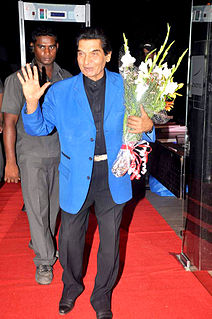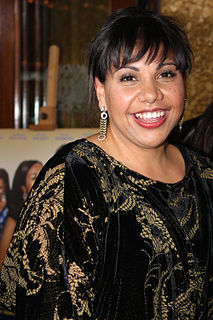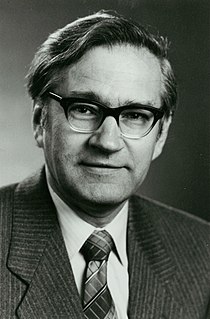A Quote by Rajkummar Rao
After finishing my study in Film and Television Institute of India (FTII), I was mentally prepared for the struggle in the film industry.
Related Quotes
The Australian film industry is a small industry, so you have to really be flexible within working in different mediums. A lot of actors work in theater, film, and television, because there's not much opportunity in terms of employment there. So you do have to be resourceful and be able to flex your muscles artistically.
When '36 Chowringhee Lane' was released in 1981, I was a student of the Film and Television Institute of Tamil Nadu. Everyone who had seen the film was very impressed with its flawless direction and acting. But we, cinematography students, were stunned by the visual style, which was truly international.

































